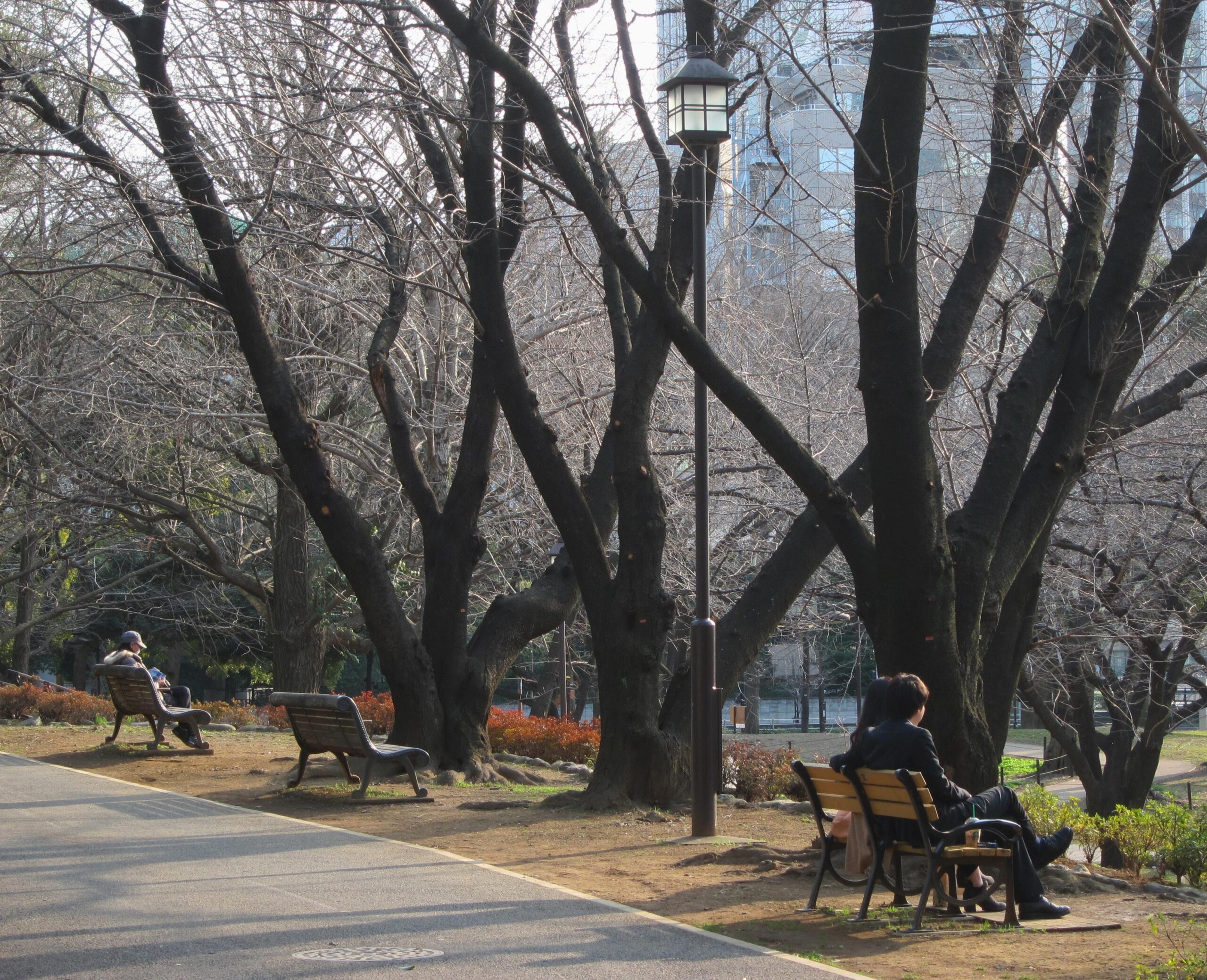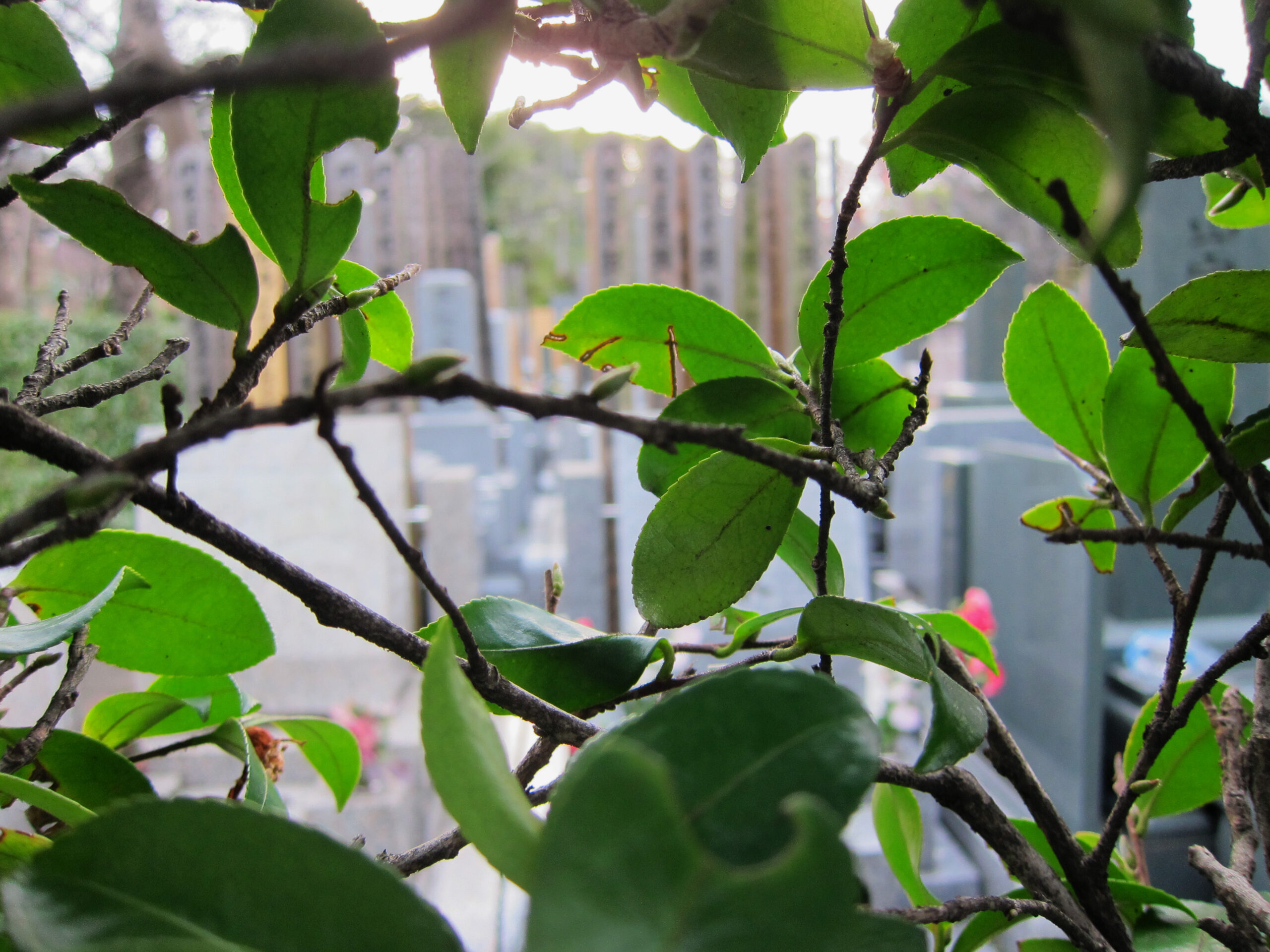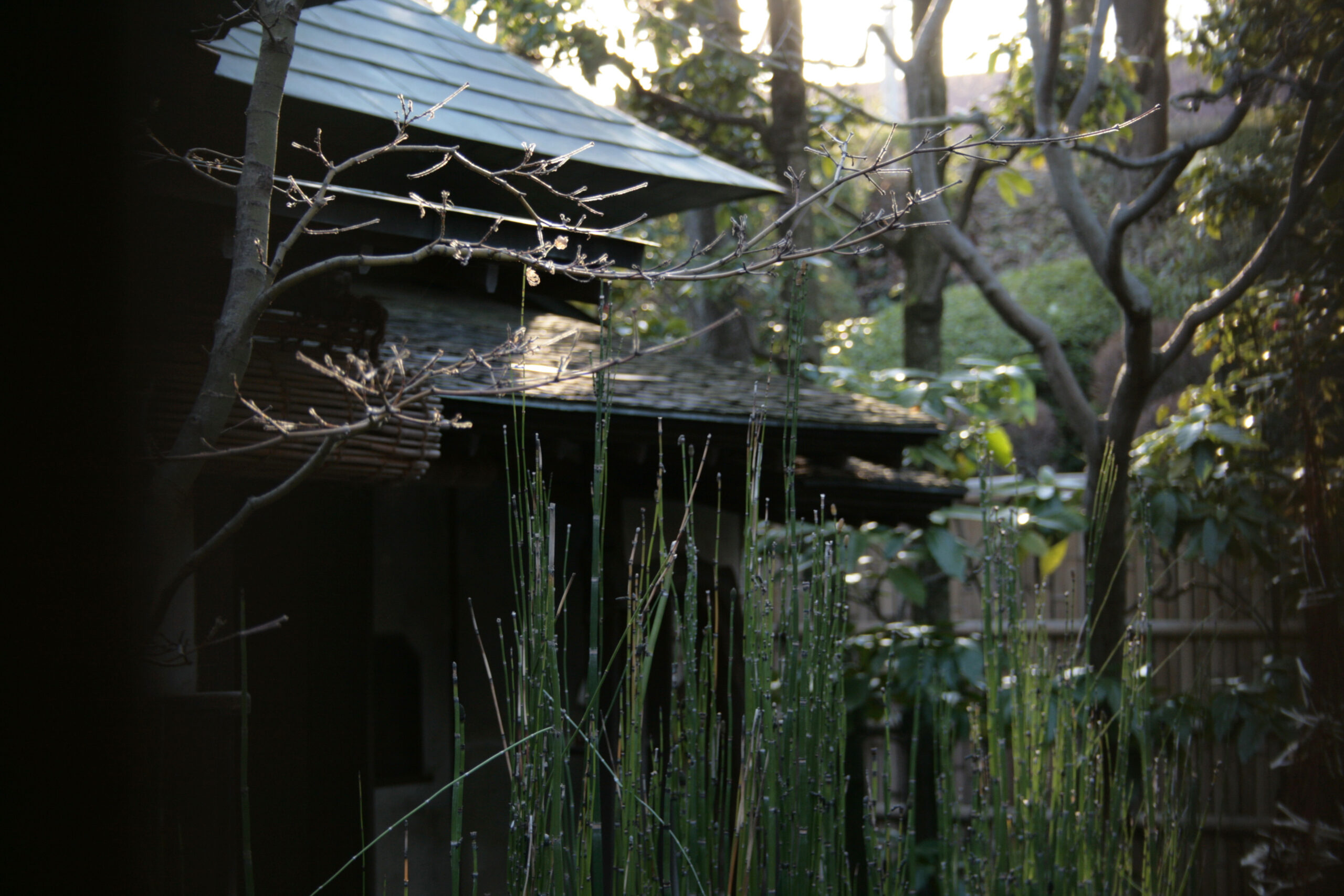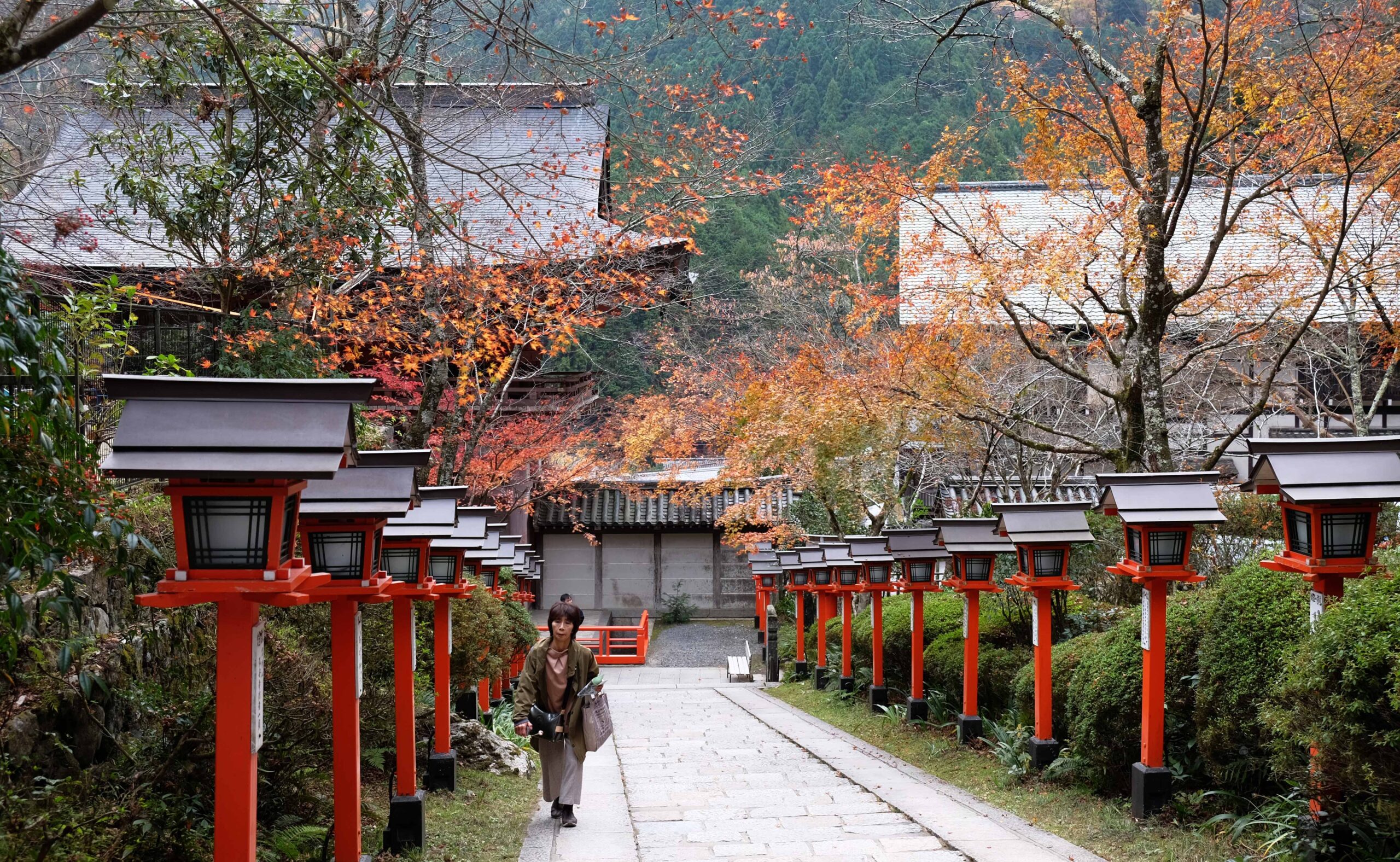1875
I got home on the 8th of May, and was soon in the full enjoyment of a London season among good friends, exhibitions, and concerts. On the 17th of July I went down to the most agreeable country house I know – that of Mr. Higford Burr, at Aldermaston. Some people I had never met before, Mr. and Mrs. S., asked me where I was going next, and I said vaguely, “Japan”. They said, “You had better start with us, for we are going there also, on the 5th of August”; and, to their surprise, I said I would.
At the last station one of the Japanese ministers got into our carriage in the costume of a perfect English gentleman, chimney-pot hat included. He invited me to come and see his wife at his country-house, and at Yedo packed Miss C. and myself into two jinrickshas, a kind of grown-up perambulator, the outside painted all over with marvellous histories and dragons (like scenes out of the Revelation). They had men to drag them with all sorts of devices stamped on their backs, and long hanging sleeves. They went at a trot, far faster than English cabs, and answered to the hansoms of London, but were cheaper. So we trotted off to the tombs of the Hogans, most picturesque temples, highly coloured and gilded, half buried in noble trees, under a long low ridge or cliff.
We left our cabs, and wandered about amongst them attended by a priest, a wretched mortal who would have sold even Buddha himself for a few cents if he dared run the risk of being found out. We then mounted the ridge above, and went to a famous tea-garden on the site of an old temple, with grand views over the city and sea, where we had tiny cups (without handles) full of yellow sugarless tea, ate all sorts of delicate cakes made out of rice and bean flour, finishing up with cherry-flower tea, which is made by pouring boiling water on dried blossoms and buds of the cherry-tree. The smell was delicious, the taste only fit for fairies, and very hard for big mortal tongues to discover. The tiny girls who served us were very pretty, and merry over our gigantic and clumsy ways. I felt quite Brobdingnagian in Japan.
My room was sunny, with a window from which I could see the river and bridge close by, continually crowded with people, who looked as if they had walked out of a fairy-tale, and a beautiful hill of trees and quaint houses on the other side.
Many had miniature gardens on tables in front, with dwarfed pine-trees under a foot high, perhaps fifty years old, rockwork, bridges, lakes, fountains, and rivers – everything in proportion, and the whole covering a space of not more than a yard square ! The people seemed pleased to have them admired, and brought out their tiny cups of yellow tea, without seeming to expect pay for them.
The next day Sir Harry and Lady Parkes and their suite departed, leaving me in sole possession, with a special order from the Mikado to sketch for three months as much as I liked in Kioto, provided I did not scribble on the public monuments or try to convert the people ; for it was still a closed place to Europeans.
Sir Harry himself had been nearly murdered on his last visit there, and Sir Rutherford Alcock was never even allowed to enter. But I was perfectly safe all alone, and comfortable too, in the old temple building some centuries old, which had been turned into an hotel for Europeans, with the addition of a few chairs and tables. It was kept by a Japanese named Julei, who was always dressing himself up in native or European costumes, the latter being of a monstrous plaid pattern, with a prodigious watch-chain and breast-pin. He spoke a little English and kept a French cook.
My room was made of a paper, with sliding-panels all round, two sides opening to the frosty air and balcony, the other two only going up about seven feet, leaving abundant ventilation between them and the one great roof of the whole house, with the advantage of hearing all my neighbours’ conversation beyond. I had a pan of lighted charcoal on a chair to warm me, and two quilted cotton counterpanes on the bare floor to sleep between. When I complained of cold, they brought me in gorgeous folding screens, and made quite a labyrinth around me, all painted with storks, cherry-blossom, bamboo, and all sorts of lovely things, to keep the draughts out. The worst of my quarters was that I could not see through the paper windows to paint without opening them and letting in the half-frozen air or damp rain ; but I much preferred my quiet life in Kioto among the purely Japanese people and picturesque buildings, to that in one of the European settlements.






